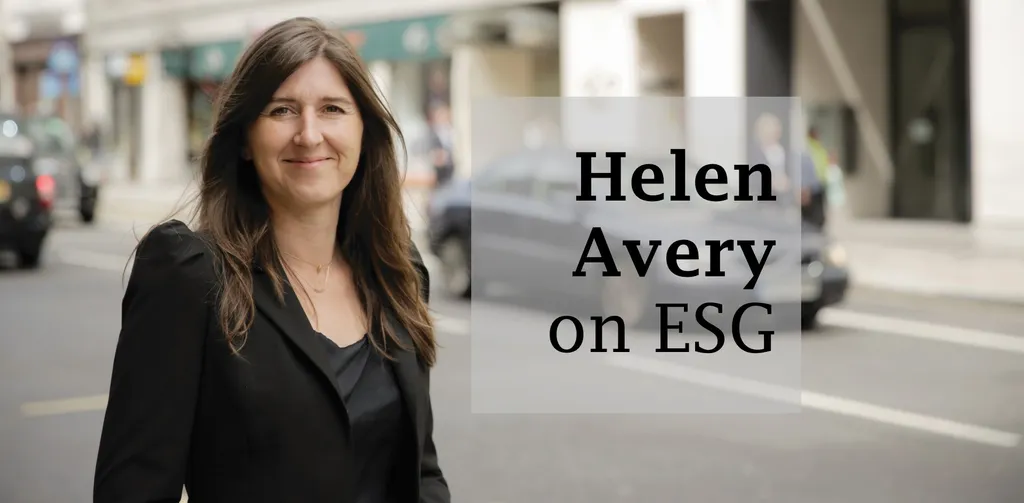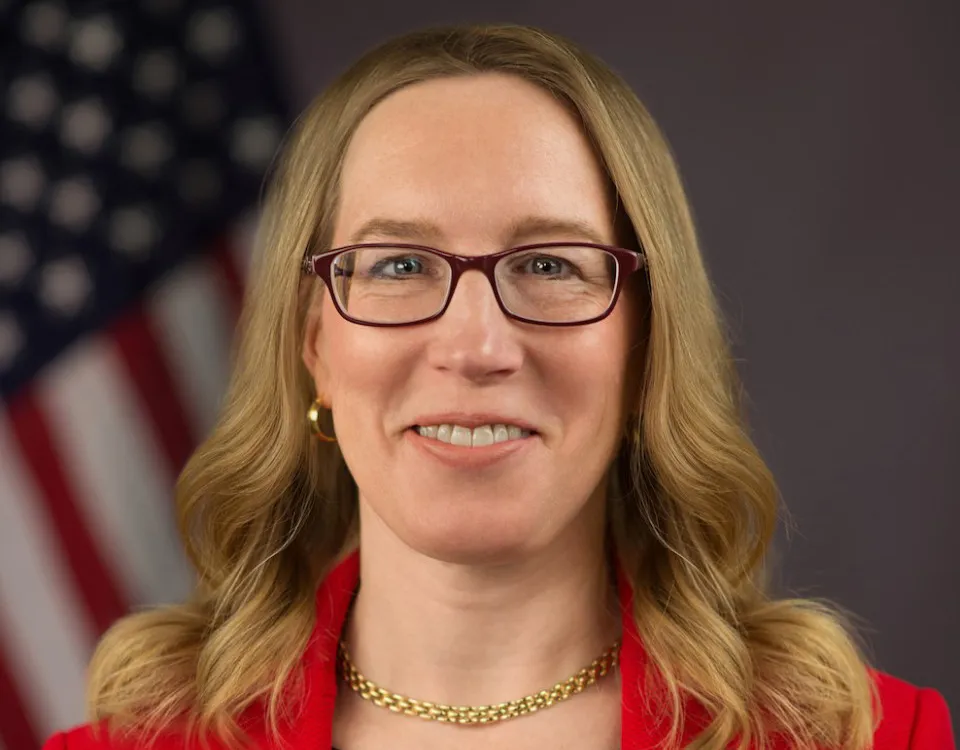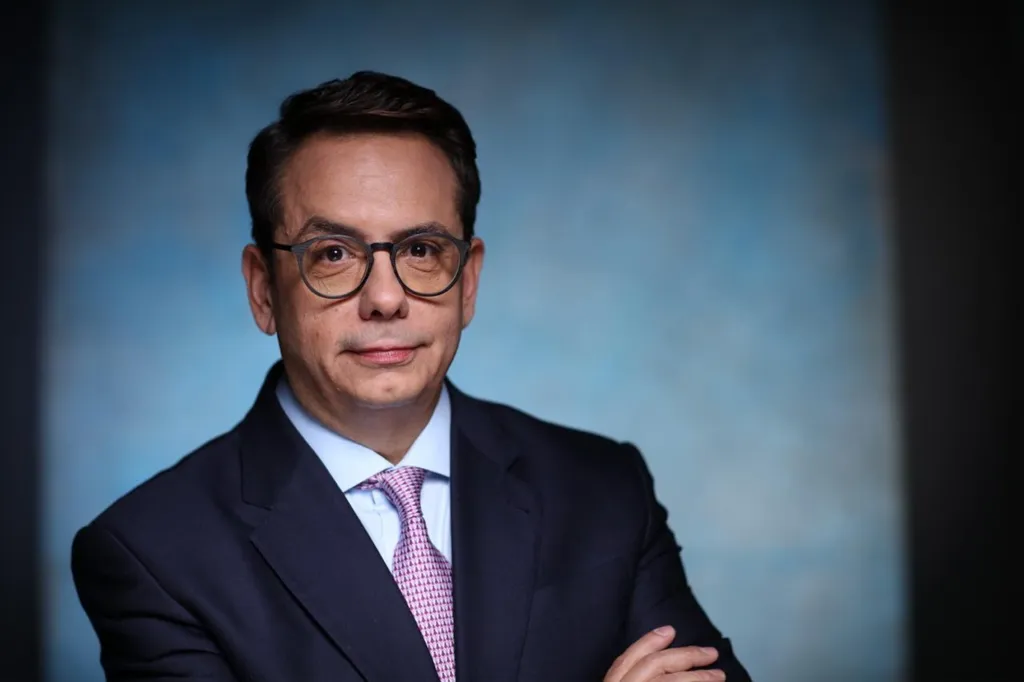I have always been a little wary of the increasing focus on financial inclusion.
Call me a sceptic, but when profit-generating institutions speak of creating products to serve the poor, I get apprehensive.
Being part of a formal financial system is undeniably helpful. Dealing in cash comes with security risks and being banked leads to the building of a financial profile that makes it easier to access credit to smooth cashflows or to put towards investment in education or a business.
Access intelligence that drives action
To unlock this research, enter your email to log in or enquire about access




